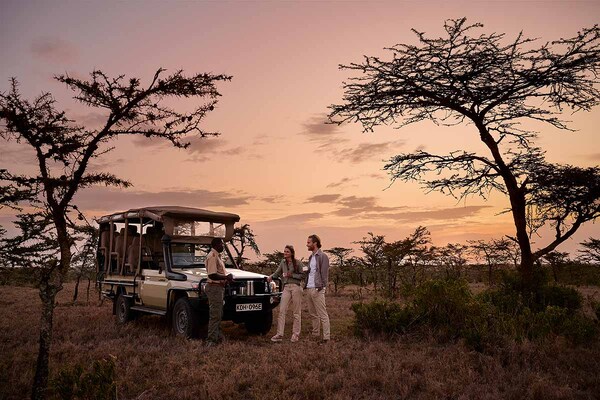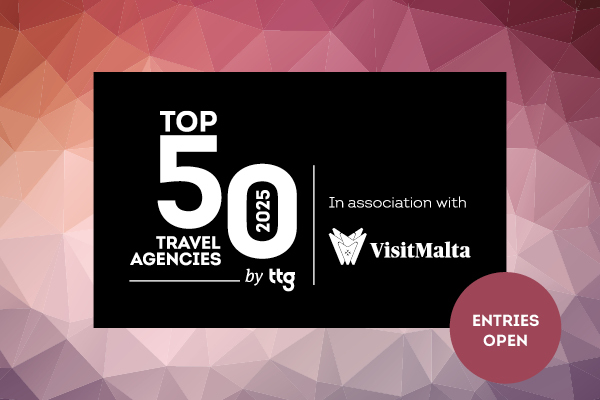“It's time for travel to rethink everything it does’
 Rob Gill
Rob GillTravel companies are beginning to make both sustainability and diversity, equity and inclusion (DEI) more of a business priority, but most firms are still in the early stages of embracing these issues, with data and accountability set to be key factors driving real progress.
The Fairer Travel in Focus 2022 report, which was produced for TTG’s Fairer Travel Week, included a survey of more than 30 leading travel firms. This revealed how much the industry has embraced sustainability and DEI so far, and how they plan to improve in both areas.
Environmental sustainability was classed as a priority for all types of travel companies, but the level of importance varied. One-fifth of respondents regarded sustainability as their top priority, with another 73% saying it ranked highly but was not their number-one concern.
PwC UK director Tom Beagent, who specialises in total impact measurement and management, said travel firms needed to “rethink” their business models around sustainability. “Nobody is doing enough across sectors and organisations – things are moving in the right direction, but are they moving fast enough?" said Beagent. "It’s time to rethink everything you do. It can be very easy to deprioritise sustainability when you have other urgent matters to deal with."
A crucial way for firms to embed sustainability as a business priority is to link remuneration packages for top executives to achieving specified environmental targets but, so far, only 11% of travel companies have implemented this kind of policy.
Educating staff and customers on sustainability is another major task being addressed by travel companies. They also recognise sustainability policies will be key to retaining staff and attracting new employees, with 97% being “very” or “somewhat” concerned about this.
But Beagent warned: “Tinkering around the edges is not enough. You need to stop and think about many things. Just because it worked in the past doesn’t mean it will work in the future.”
Data ‘the great leveller’
All travel organisations taking part in the survey said DEI was either their number-one priority (29%) or ranked highly (71%). Currently, the most common way to tackle DEI within travel is to change recruitment methods to ensure they take on people from a diverse range of backgrounds – a policy shift instigated by 79% of companies.
One of most important first steps to improve DEI is to find an effective way to measure it and then track progress. More than half of respondents (59%) have already implemented a strategy to measure progress in this area.
Sarah Churchman, PwC’s chief inclusion, community and wellbeing officer, said: “Data is the great leveller – it’s difficult to make progress without data because you can’t measure the impact of the interventions you are making. You have to build a culture of trust to allow employees to feel comfortable about sharing personal data and that it’s being held securely.”
Another key step in the journey is to ensure support from staff – 55% of respondents said they have established DEI-related employee resource groups, led by “internal advocates”.
The survey revealed that, so far, only around one-third of travel companies have engaged the services of a DEI expert consultant to “keep them on track”, while less than a quarter (24%) have introduced DEI-related key performance indicators (KPIs) for senior management.
PwC’s Churchman stressed the importance of introducing KPIs linked to DEI targets for bosses. She added: “Without accountability and leadership, nothing gets done.”
Travel leaders also seem to be aware of the need to be viewed as being diverse and inclusive employers.
One highly visible and quick way to show support for DEI has been to add the LGBT+ rainbow to company logos during Pride Month in June to highlight their allyship. However, the survey found only 20% of travel firms did this in 2022.
TTG+ members can read the full PwC-TTG Fairer Travel Week report here. Visit the membership page to learn more about the benefits of TTG+.
Sign up for weekday travel news and analysis straight to your inbox

Rob Gill
Supplier Directory
Find contacts for 260+ travel suppliers. Type name, company or destination.
















